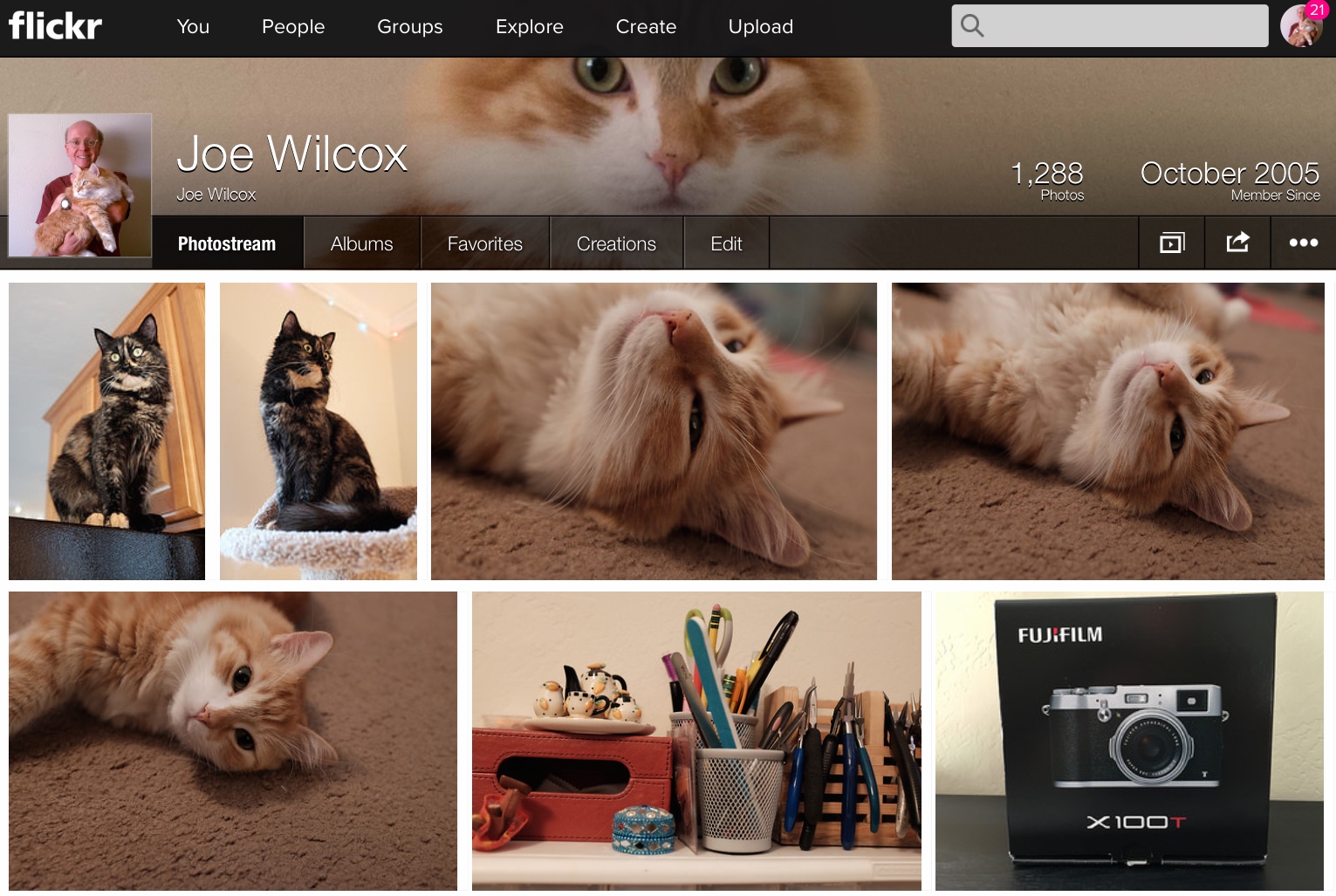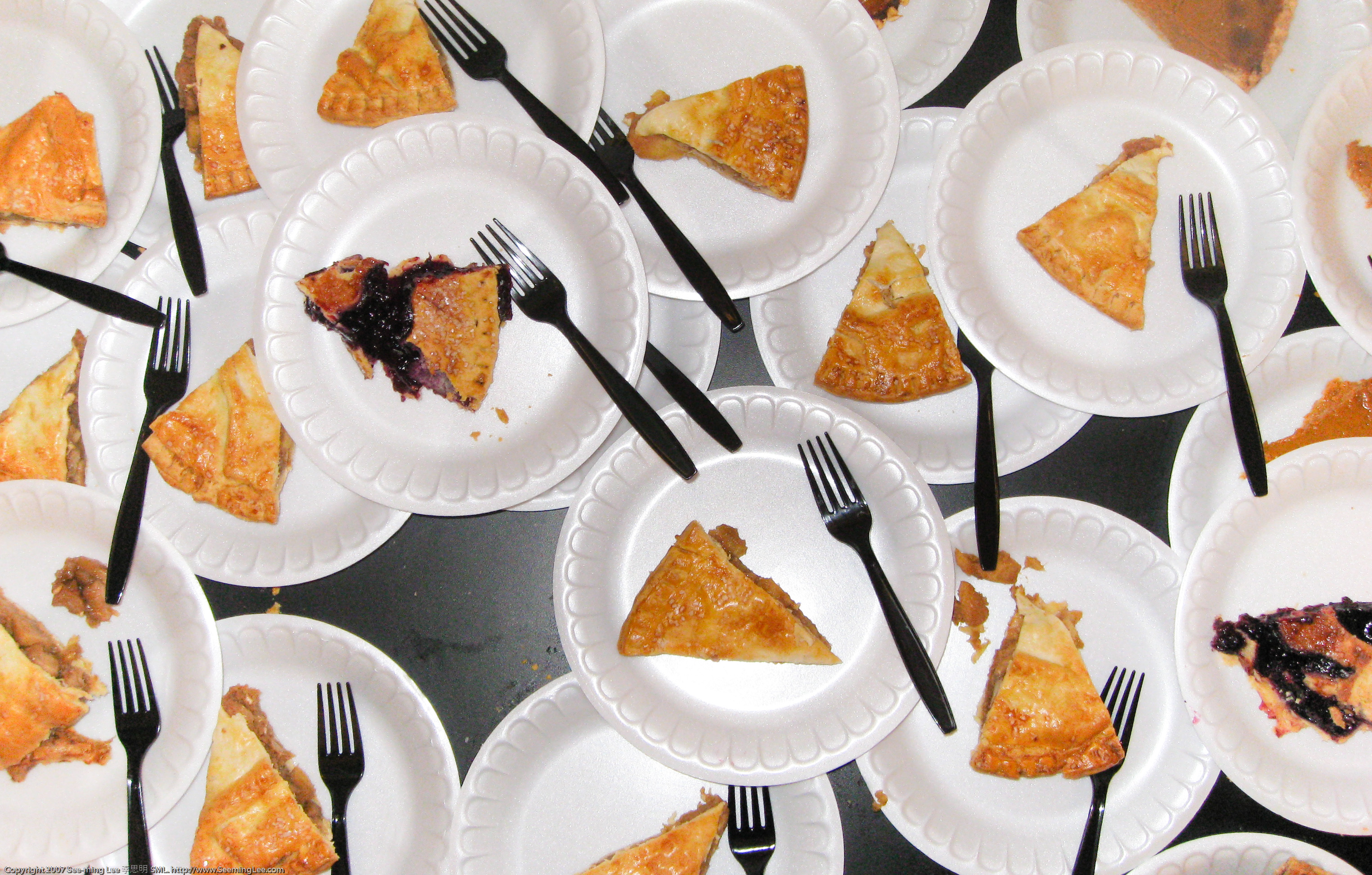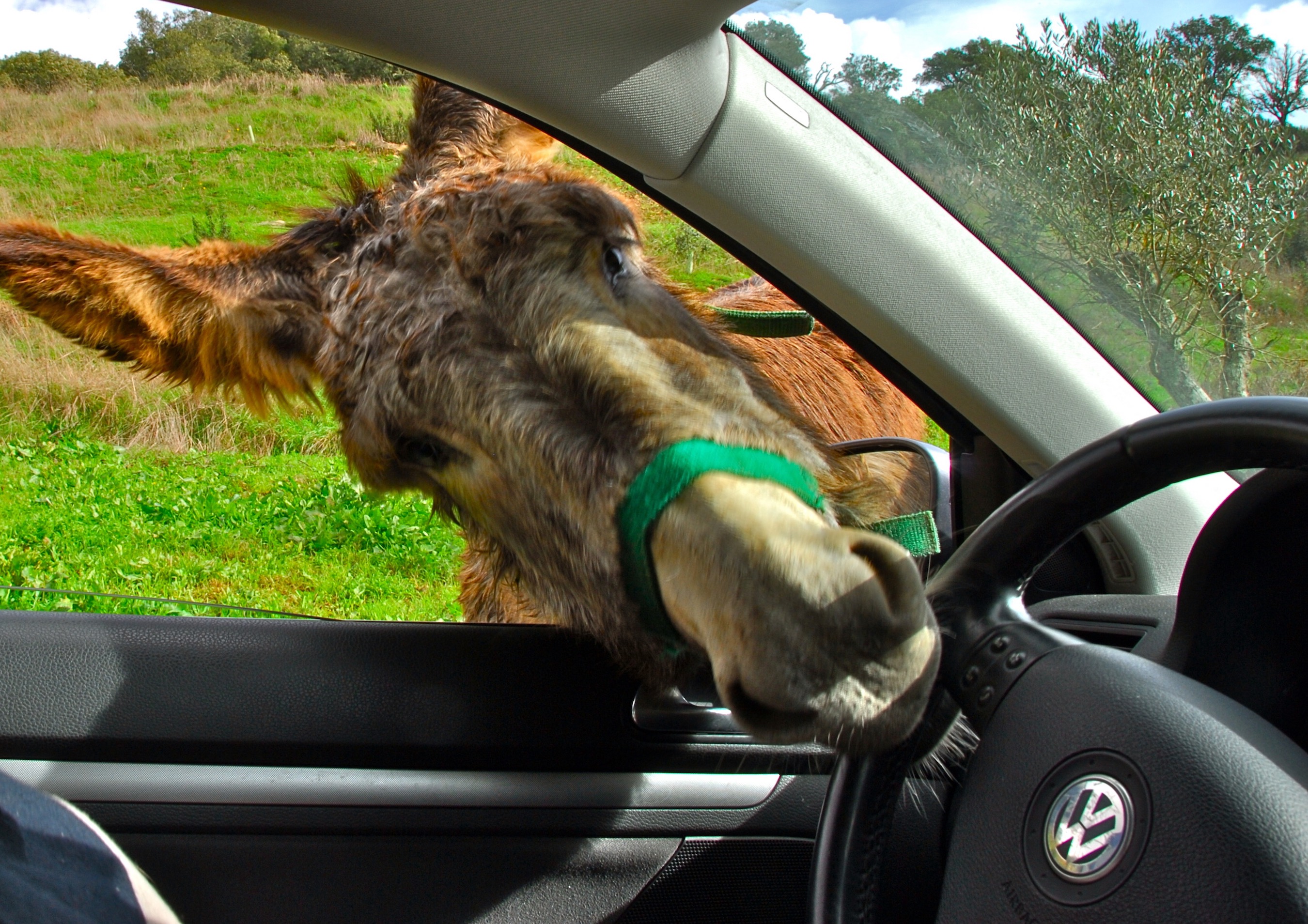The New Republic boggles the mind for what its changes represent: Large number of staff resignations as the publication relocates and transforms into something else. I can’t but think the defections make way for a new blood transfusion and clear out editorial cholesterol that could slow down the transition from the old New Republic to the new New Republic. How ironic that by quitting, the exiting editors enable the iconic magazine’s massive makeover, which, by the way, is totally sensible.
The story goes like this: Facebook cofounder Chris Hughes, whose social media magic ignited Barack Obama’s 2008 Presidential campaign, purchased the New Republic in March 2012. Following foreshadowings, on Dec. 4, 2014, recently appointed CEO Guy Vidra announced the departures of editor-in-chief Frank Foer and long-time literary editor Leon Wieseltier. (Three decades!) Gabriel Snyder takes over the top editorial spot.










